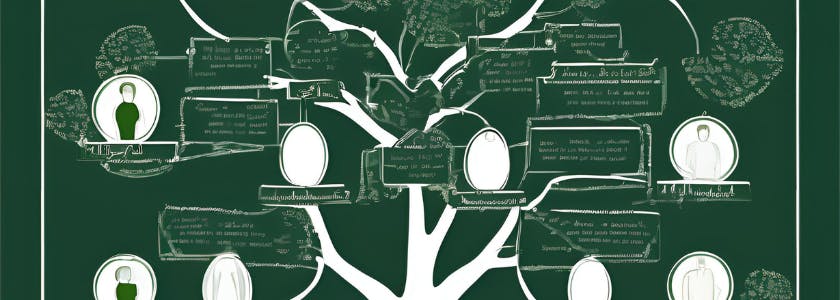Your cart is currently empty!
Weekly WIN: avuncular

One Step Now Education
August 9, 2024
avuncular
Recently I was reading a biography where one of the people was described as avuncular. For many years, I had seen this word used but never really got the sense of what it meant. I just knew it as “a way some people were.” Of course, I never really used the word in my own speech. Then, I was in this community when someone mentioned its connection to a word that was very familiar with me. I’ll relate the story through our investigation.
Meaning
What is this word’s meaning and how does the word function?
When you look up this word in the Collins Dictionary online, the entry says it describes “a man who is friendly and helpful towards someone younger.”
I’ve been using the word describing to talk about how this word is functioning. Perhaps I should use modifying instead. Adjective modify nouns; they can be inflected for degree with suffixes <-er> or <-est> or degree can be expressed by using more and most. If we wanted to express degree with avuncular, we would say more avuncular or most avuncular.
Adjective is the form; modifying is the function.
Adverbs are forms that can also modify.
We walked slowly down the hall. (slowly is modifying the verb walked)
We have to stay very quiet in this library. (very is modifying the adjective quiet)
Nouns can modify as well.
We had a pepperoni pizza for dinner. (pepperoni is modifying the noun pizza)
After dinner we played video games. (video is modifying the noun games)
Structure
What are the elements that make up this word’s structure?
If I saw the word avuncular in a word list, I could still hypothesize that the word is an adjective form. The suffix <-ar> is a suffix on other adjectives like triangular or solar.
I also know that there is a prefix <a-> that can be Greek for “not” as in amoral or asymmetrical. If I believe those two are elements, that would leave me with a hypothesized word sum of:
a + vuncule + ar
That <ule> might be an element as well. It may be a suffix that forms diminutives. A capsule is a “little pill.” A pustuleis a small inflammation of the skin.
a + vunc + ule + ar
Sometimes when a student has peeled off all the elements they recognize or hypothesize, I then ask, “So which element is your base?” After all, words either are or have a base. Here, we are proposing that <vunc> is our base.
Let’s check out the entry in the Online Etymology Dictionary to see.
Here it is defined as “of or pertaining to an uncle.” Uncle; avuncular; hmmm…this was that connection that was shown to me in this community that has now stuck with me. When I was reading that biography, I knew right away the speaker thought of the other person “as an uncle.” Knowing a word’s structure can also inform its meaning.
The word comes to us from Latin avunculus, which specifically referred to the maternal uncle. It says it is a diminutive of avus, which meant “grandfather.” (follow the link for uncle itself). The Latin avus became avunculus.
The suffix <-cule> may also be diminutive, as in molecule or minuscule.
avun + cule/ + ar
Relatives
What are the word’s relatives and history?
We have a few words if we were interested in creating a matrix. We have avuncularity and avuncularly. There is even avunculate, which in an adjectival form, describes the relationship, and in a verb form means to “assign rights and duties to said uncle about his sister’s son.”
We know the word is related to uncle. The word atavism is also related.
Graphemes
What can the pronunciation of the word teach us about the relationship of its graphemes and its phonology?
This word begins with a schwa when pronounced. A schwa is the mid-central vowel; it is often found in unstressed syllables. The <a> in the suffix <-ar> is also unstressed.
There is a [j] in the transition between the <c> and <u> in that <-cule> suffix. As a result, some students may spell this word by inserting a <y> in there. After all, they’re following our direction to “sound it out and write something for each sound you hear.” However, spelling is not solely pronunciation. All “sounds” are not spelled and all “spellings” aren’t spelling sounds.
Next Steps
Where do I go next?
What other “family” words might be interesting to study? What about daughter? And where does aunt come from? What does the <grand> in grandson mean? Is it the same grand as in “large” or “thousand?”
Another suffix that can form adjectives is <-al>. In fact <-al> and <-ar> may be allomorphic. When does one show up? HINT: Look at the spelling of the base.
There may be other words where that [j] spelled as <y> sneaks in. Is it always followed by a <u>? How does knowing this help inform what I know about the difference between phones and phonemes?
Reply and let me know your thoughts and questions about this week’s investigation.
Stay curious,
Brad
One Step Now Education
113 Cherry St #92768, Seattle, WA 98104-2205
Unsubscribe · Preferences